Would it be possible to bring back philosophy — a once-thriving community of like-minded people who lived and practised their philosophy — to the public discourse, the virtual marketplace, the home of various peoples across the globe? Was the lofty ideals of the ancients, living, exercising, and embodying their philosophies, not too high to even begin with? And can one ever counsel (give advice, help) with philosophy (a love for wisdom)?
Contemporary academic philosophy is all but practical. Lofty abstractions, theoretical musings and reflections are some of the bread and butter of what one might call philosophy professors. We are reminded by a select few, thought, that philosophy was once much more than this. It was lived, practised, embodied, and exercised on a daily basis. Today, few philosophical professors ever venture into the realm of living their philosophy, as this is just as absurd as their musings, their reflections, their logical treatises that hold no real value for the everyday person trying to make sense of this strange world we live in.
When I started to read philosophy, the first question that was asked was whether philosophy could help the everyday person make sense of their lives. It was not about constructing some grand theory, it was not some fancy mental gymnastics about an obscure concept that few might understand. It was practical, it was can this make me understand life's questions, can it help me deal with my ethical conundrums, can it change my everyday way of being in the world?
Have we lost this sense of wonder we aim at the world with our gaze, our attempts at understanding what makes us tick? The Ancients looked to the skies and asked these questions. For them, they could never attain pure and objective knowledge, so they projected this onto the heavens, and they created their gods, not in the image of themselves but in the image of perfect knowledge. Due to this restriction, they only attempted to strive towards perfect knowledge, but the always exercised their imperfections, their ways of living that did not rely upon physics and science to make sense.
In contrast, they made physics and science make sense, based on their projected gods, their striving toward perfect knowledge. The implication was that even their musings and reflections on some obscure concepts would have led to the contemplating more refined how to live a better life.
Modern physics and science do not map onto the world our understanding of how to lead a good life; in contrast, we attempt to mirror reality with these theories. We construct models and we extrapolate and so on. Not that this is inherently the problem, not at all, but it does take away from wonder. Not wonder in the face of the beauty of nature, so often still experienced by even scientists. No, it is about the basic idea that we have taken science and ethics, separated their coherence, and mapped this strange view onto the world, as if our methods of gathering data and so on will give us clearer understandings.
I was struck by the beauty of the words, the raw power, and the poetic absoluteness. There was something pretentious about it, but that was part of the allure, that which pulled me in. I was caught in its claws: what was it to lead a good life?
The philosopher Albert Camus, through his absurd philosophy, wrote about the strangeness of our attempts at finding and projecting meaning onto a world which has no meaning. (One might claim that this in and of itself is already finding some meaning in the world, but let us not entertain such thoughts here, as this again goes into the impractical nature of philosophical thoughts.) Why is the case that we would find meaning in things like suffering, progress, growth? Why would we project these searches for meaning onto a cold and silent world?
There is something to be said about wonder and the idea of a hight power, a first mover, a figure controlling us as if a puppetmaster in the sky. But how does this help us understand the complexities of life, are we not merely shifting the goalpost, extending it beyond our grasp, and then finding meaning in this arbitrary line we drew in the sand?
I do not have answers to these questions, but they are important ones to ask. Because in the end, the answers we give to these questions will inevitably influence the way we live, the things we appreciate and take to heart, and the things we focus on.
Can we even begin to think what it would be to counsel with philosophy if we cannot even determine what it is, much less what is should be in modern times? The soul for the ancients needed counsel, therapia, therapy, healing, curing. Desire needed counsel, and philosophy was the way for the ancients. But this always amounted to some form of asceticism, even if they denied this — for the one group we needed to relinquish our desire for anything beyond some water, lentils and cheese to sustain our daily activities, for the other passions needed to be abandoned as this clouds our judgements. The thing is that for all of these groups, our being in the world itself caused problems and philosophy helped heal these qualms. But this tastes bitter in my mouth, as I wonder why we always take this as the starting point
I am not sure why I am on this journey of mine. I have seen so much, and lived so little, and still, I feel the desire to know more, to venture into the unknown depths of human understanding. Not to accumulate as much as I can, even though I appreciate the beauty in having a library of knowledge to show everybody, but rather to sculpt myself, in an seemingly endless and infinitely renewed manner. One might never step in the same river twice, some ancient claimed, and the moderns claim that we will never read the same book twice. But with each rendition, copy, and attempt, an infinitely thin outline sketch reminds us of all of the attempts that came before us. The least we can do is tip our hats to the supposed giants on which we supposedly walk.
I am not sure what to make with all of these thoughts. I am wondering whether my research into the practical use of philosophy to the general public has any worth and merit. I have researched this field for almost ten years now, and I still feel like I have yet to reach a point in which I can claim that I know. For now, the uncertainty of my disposition (my way in the world) holds me back from jumping naked into the ocean. But soon I will...
I hope that these words made some sense to the reader who ventured so far down. These are mere thoughts of a kind of struggling philosopher. (If you are interested in my other struggling philosopher diary entries, please see part 1; part 2; and part 3.
For now, keep on philosophizing, thinking, and reflecting.
All of the musings and thoughts are my own, albeit inspired by my own strange struggles with philosophy. The photographs used are also my own, taken with my Nikon D300.
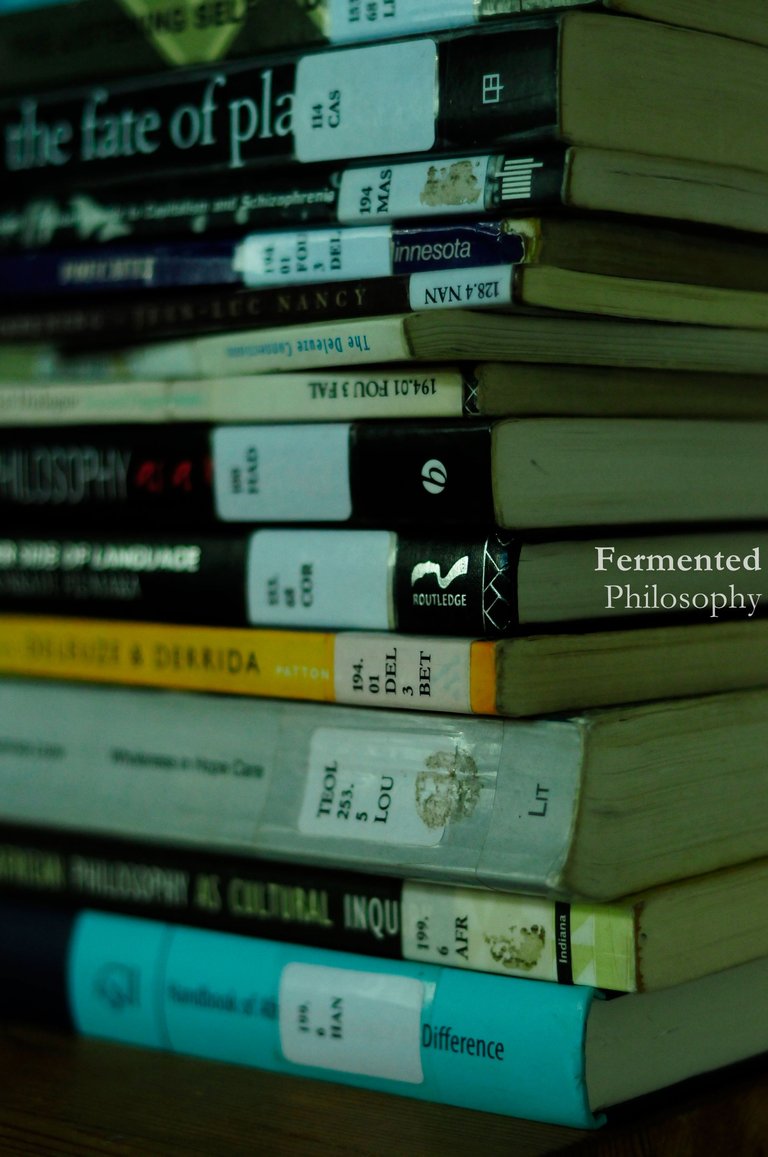
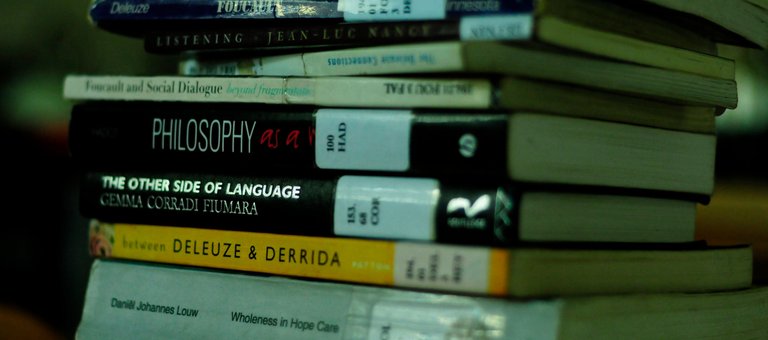
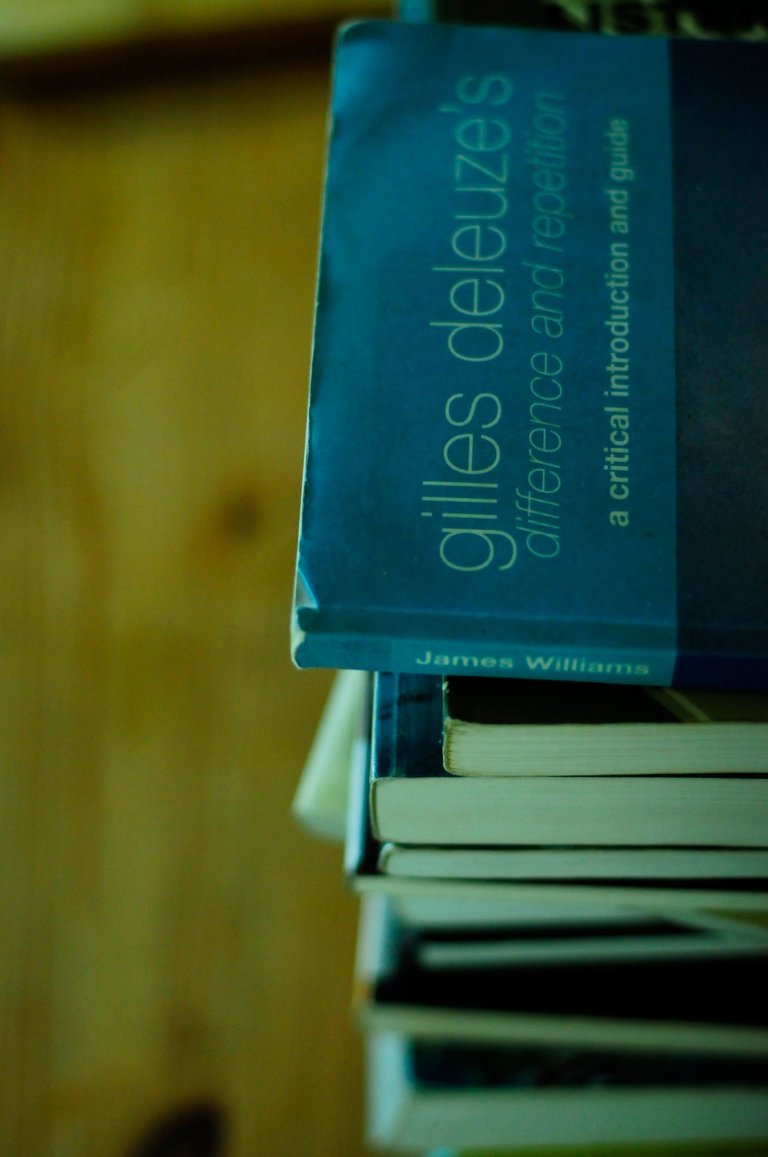
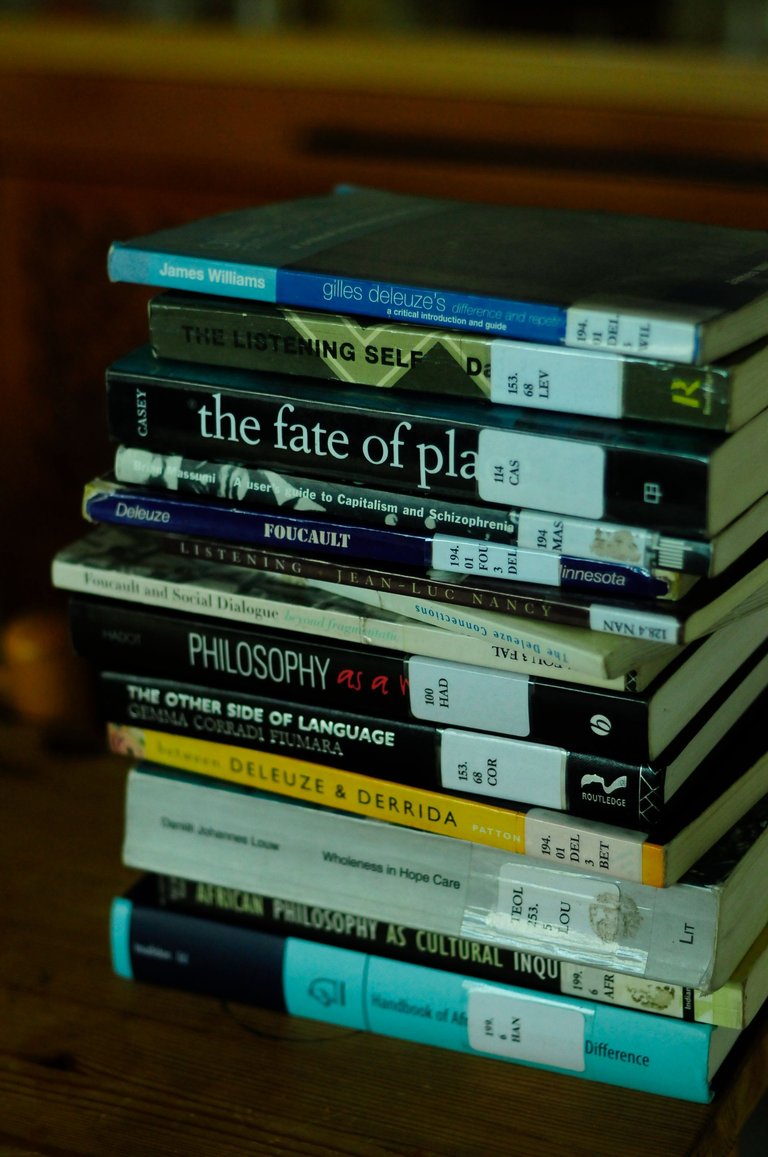
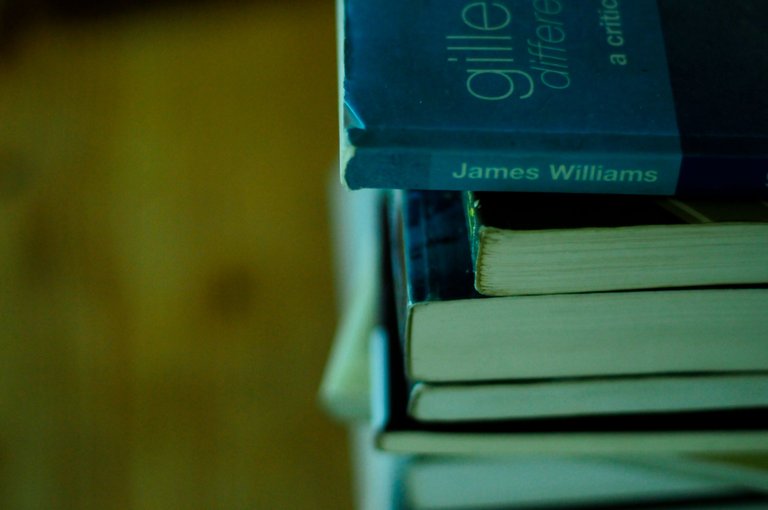
a great read and I will read it over again. Have you read the book Meeting the Universe Halfway: Quantum Physics and the Entanglement of Matter and Meaning by Karen Barad...? You might enjoy it.
Thank you so much for the suggestion, I will add it to my ever-increasing "To read" list. I have not encountered the book yet, but will lookout for it. And thank you so much, I am glad that you enjoyed it. Keep well and happy reading.
☺️